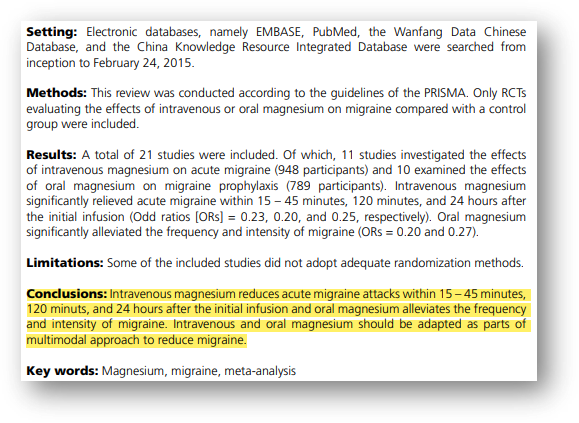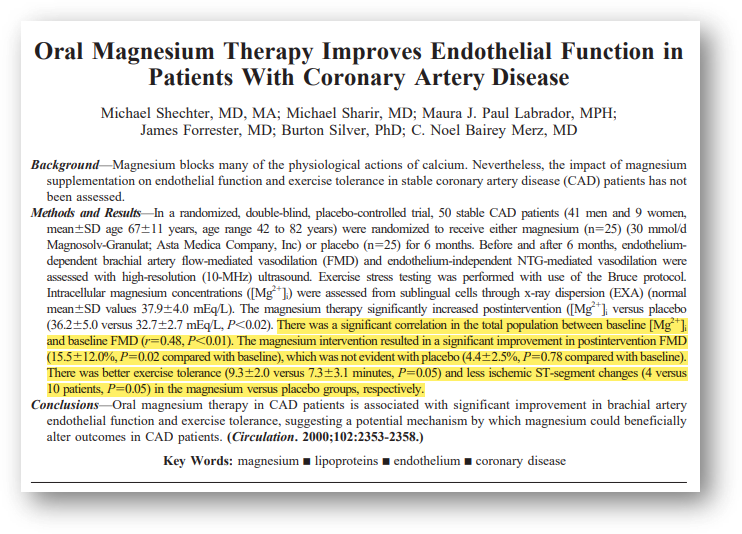The essential nutrient magnesium, which relaxes our nerves and muscles.
. Sleep efficiency · Sleep duration · Increased melatonin

Hello. I'm a pharmacist Jinny.
What do you think is the most important thing to take care of in our lives? Recently, I was talking to a family medicine teacher I am close to about this topic and I got an interesting answer. It was 'stress and fatigue'. It really made me think that it is an inseparable part of our lives today.
In fact, it is known that about 24% of patients who visit local hospitals complain of fatigue as their main symptom [1]. Fatigue is mental · Physical · It is difficult to define simply because it can occur from various aspects, such as social factors, but in general, it refers to a condition in which a person feels exhausted for no apparent reason or has no energy to make a continuous effort or focus.
Since so many different factors play a role, it is necessary to closely observe the various physical phenomena that accompany the feeling of being "tired" in order to find the cause of fatigue. If you feel tired for no apparent reason, if your eyes are fluttering, if you have cramps in your arms and legs, if you have heart palpitations, or if your nerves are on edge, you may be lacking in the nutrients we are introducing today.
This nutrient is a cofactor for more than 300 kinds of bioenzymes, and is a very important mineral that regulates the transmission of nerve impulses and muscle relaxation, and is also used as an anticonvulsant because it stabilizes nerves and relaxes muscle tension [2]. Today, let's take a look at magnesium, a nutrient that you should pay attention to when your whole body is nervous and tired.
As mentioned above, magnesium plays a role in regulating the transmission of nerve impulses and muscle relaxation in the body. Because of this, a lack of magnesium causes muscles to tense. This can lead to muscle spasms, high blood pressure, and spasms of coronary and cerebrovascular vessels. It sounds scary, but it's actually a physical phenomenon like cramps in the limbs and migraines.
It's widely known that eye twitching is a magnesium deficiency, but you may not be familiar with the link between migraines and magnesium. It has been continuously researched in academia, and in 2016, a research paper was published that comprehensively reviewed the results of research reported to the academic community.
This study, which evaluated the effect of intravenous magnesium on intravenous magnesium in 948 acute migraine sufferers and magnesium supplementation on migraine prevention in 789 people, from a total of 21 studies, reported a reduction in the frequency and intensity of migraine headaches with magnesium supplementation [3].

"Intravenous magnesium reduces acute migraine attacks within 15~45 minutes, 120 minutes, and 24 hours after administration, and oral magnesium intake reduces the frequency and intensity of migraine. Magnesium supplementation should be applied as part of treatment for migraine relief."
I mentioned earlier that magnesium plays a role in regulating the transmission of nerve impulses and muscle relaxation in our body, but according to the research so far, magnesium is known to reduce the secretion of the neurotransmitter acetylcholine, thereby stabilizing nerves and relaxing muscle tension.
Since acetylcholine is a neurotransmitter that causes contraction of the digestive tract and skeletal muscles, wakefulness and REM sleep, magnesium supplementation is also associated with sleep. In this context, Abbasi, B and the investigators (2012) reported that in a clinical trial involving 46 subjects suffering from primary insomnia (insomnia without a specific cause), sleep efficiency · Sleep duration · It is reported that a significant increase in serum melatonin concentrations has been confirmed [4].

"There was a significant increase in sleep duration, sleep efficiency, serum renin concentration, and melatonin concentration in the magnesium group. Reductions in magnesium self-test (ISI) scores, time to fall asleep (SOL), and serum cortisol levels were also observed."
Nerve and muscle abnormalities that occur when magnesium is deficient affect the eyes, brain, and sleep, as well as the heart and blood vessels. For this reason, patients with acute myocardial infarction are sometimes given intravenous magnesium, and for more than 30 years, there has been epidemiological evidence that magnesium deficiency adversely affects the health of the coronary arteries that supply blood to the heart muscle.
As early as 2000, Shechter, M, and others evaluated the effects of magnesium supplementation on 50 patients with coronary artery disease, and reported a significant improvement in arterial vascular endothelial function following 6 months of magnesium supplementation [5].

"Significant improvement in bloodflow-mediated dilation capacity was seen in the magnesium group. In addition, compared to the control group, there was an improvement in the exercise extension (load) and ECG ST segment changes in the magnesium group."
Today, we learned about magnesium, an essential nutrient that is important for the relaxation of nerves and muscles in our body. We don't have accurate data on magnesium intake in South Korea, but according to a study by the National Institutes of Health, 48 percent of Americans are deficient in magnesium, so it's important to keep in mind that it's not enough in today's typical diet.
In particular, in my experience, when I recommend magnesium deficiency to those who are suspected of taking it, it is also a nutrient that quickly and accurately shows improvement in the body's response after ingestion, and it is a nutrient that causes various physical reactions such as fatigue, muscle cramps, headaches, heart palpitations, and nerve sensitivity when magnesium is insufficient, so if you feel this kind of physical reaction, you should consider supplementing.
I hope you have a healthy day in body and mind. It was Jinny.
[1] Korea Disease Control and Prevention Agency, National Health Information Portal Medical Information <Chronic Fatigue Syndrome>
[2] Ministry of Food and Drug Safety, Health Functional Food Functional Ingredients <Magnesium>
[3] Chiu, H. Y., Yeh, T. H., Y., Yin-Cheng, H., & Pin-Yuan, C. (2016). Effects of intravenous and oral magnesium on reducing migraine: a meta-analysis of randomized controlled trials. Pain physician, 19(1), E97
[4] Abbasi, B., Kimiagar, M., Sadeghniiat, K., Shirazi, M. M., Hedayati, M., & Rashidkhani, B. (2012). The effect of magnesium supplementation on primary insomnia in elderly: A double-blind placebo-controlled clinical trial. Journal of research in medical sciences: the official journal of Isfahan University of Medical Sciences, 17(12), 1161.
[5] Shechter, M., Sharir, M., Labrador, M. J. P., Forrester, J., Silver, B., & Bairey Merz, C. N. (2000). Oral magnesium therapy improves endothelial function in patients with coronary artery disease. Circulation, 102(19), 2353-2358.


![[Magnesium Benefits] 3 Benefits of Magnesium, a Natural Sedative](http://esther-mall.com/cdn/shop/articles/6_d656dbc0-a722-4f2e-a00a-1f49397c22b1.jpg?v=1733984688&width=480)
![[Phosphatidylserine Benefits] Brain Health Function, 3 Benefits of Phosphatidylserine](http://esther-mall.com/cdn/shop/articles/5_096d2563-a797-4e70-9aba-47f258aee1f0.jpg?v=1733986852&width=480)

Comments (0)
There are no comments for this article. Be the first one to leave a message!